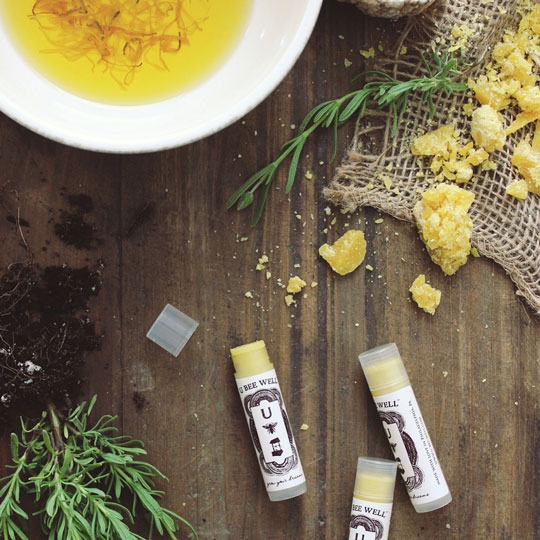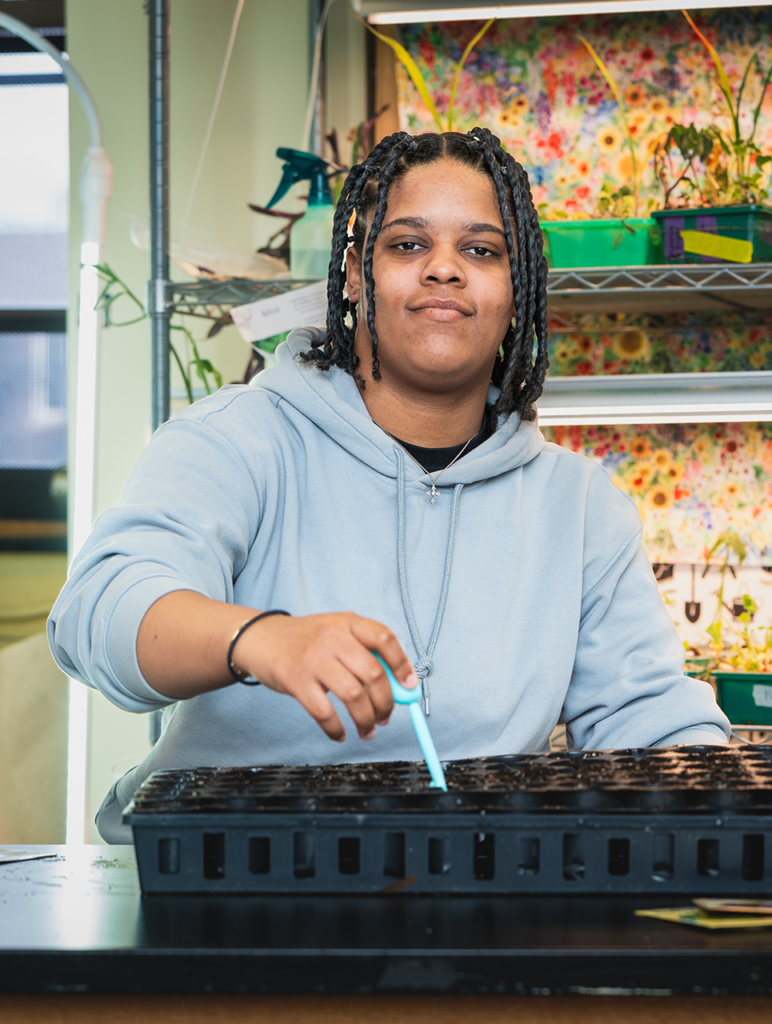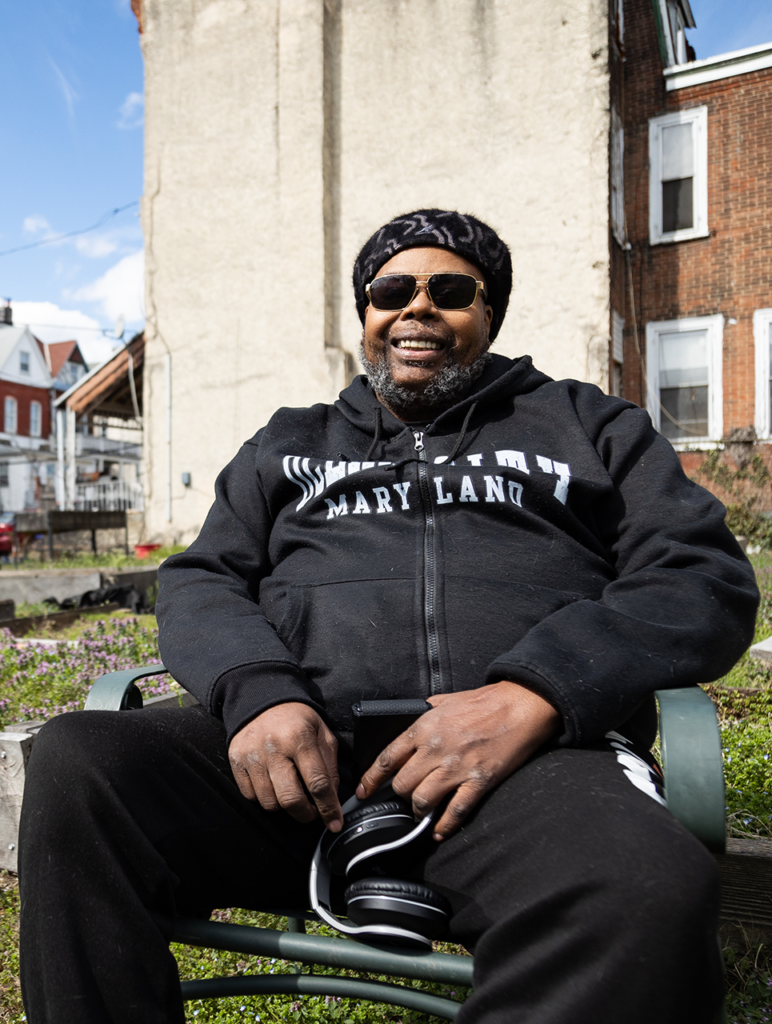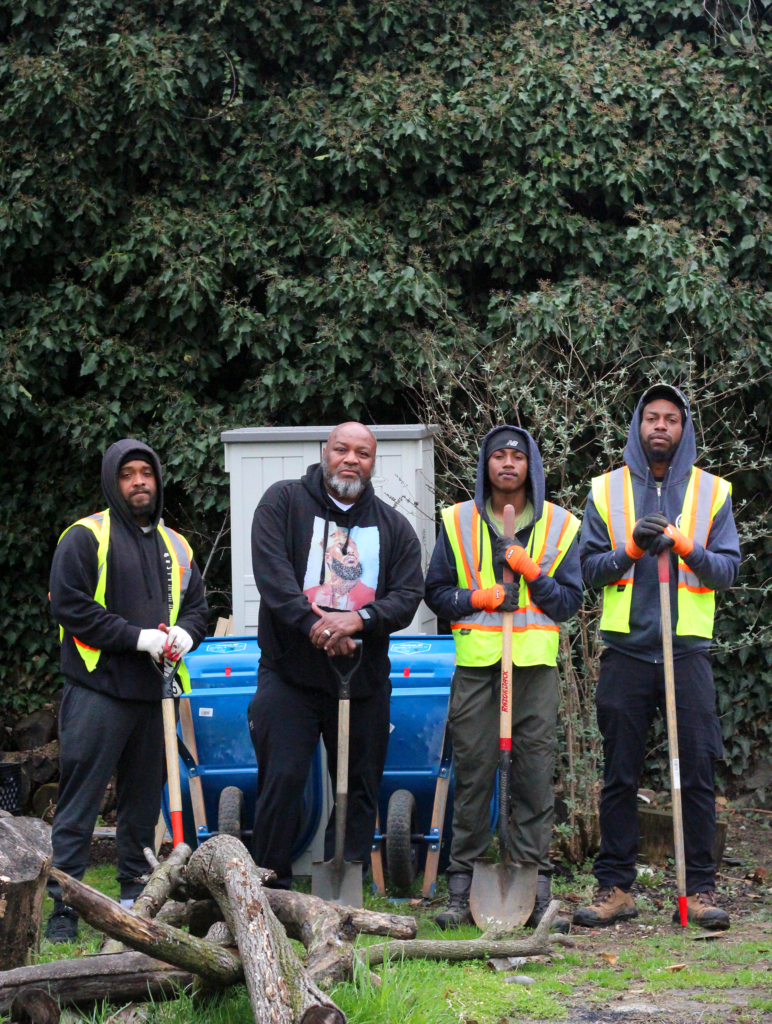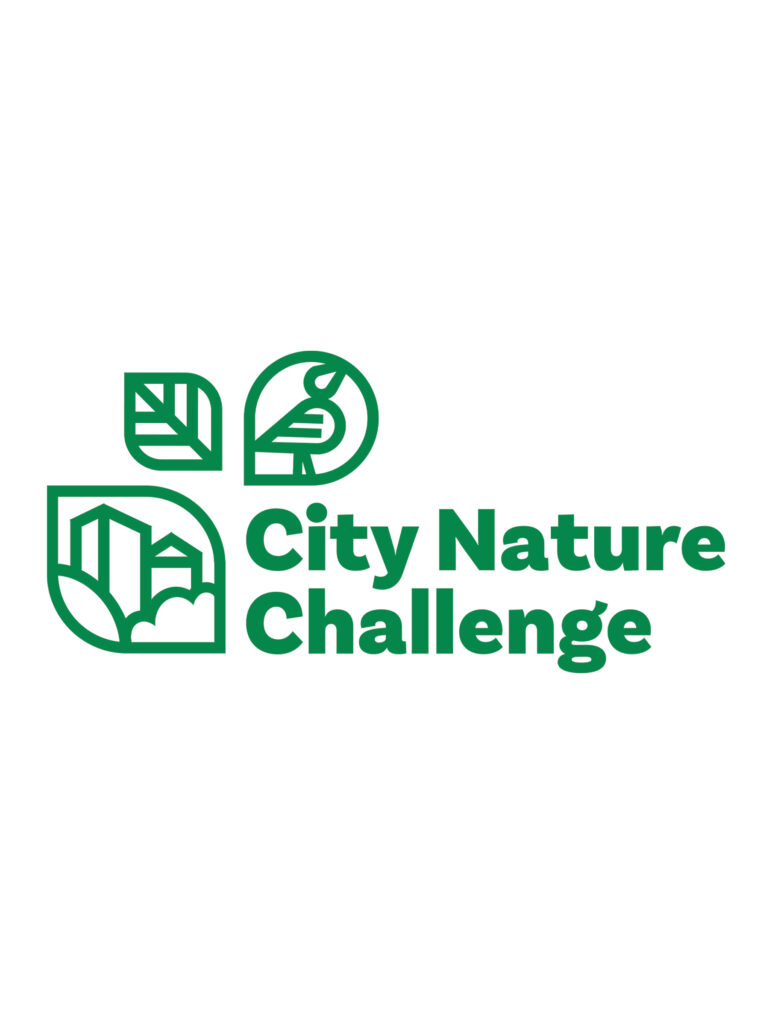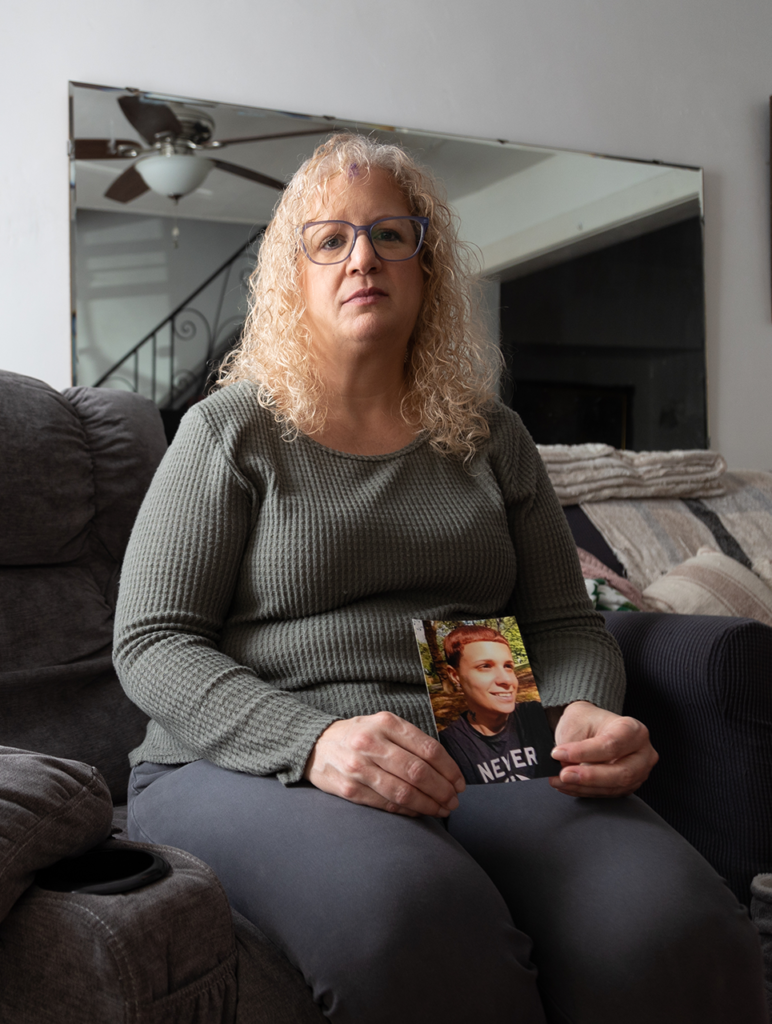U-Bee-Well is made with beeswax, olive oil, lavender, tea tree oil and honey. | Photo by Kelsi Windmiller
Bee advocate uses her locally made lip balm
to get the word out on the plight of bees
Nestled in the corner of Barbara Gettes’ West Philadelphia apartment is a cramped kitchen space with barely room for two people to stand—hardly the set-up to make thousands of homemade beeswax U-Bee-Well lip balms. But Gettes stands as one of Philadelphia’s up and coming social entrepreneurswith her sights set on the fragile state of this region’s network of pollinators.
Honeybee pollination contributes to more than $15 million of the U.S. economy, according to White House officials and plays an integral role in the production of at least 90 commercial crops in America. But our nation’s honeybee populations have been steadily declining since the 1940s, with rates of colony loss higher than ever in the past decade.
Because of this, Gettes, who is also in a band called The Spinning Leaves, felt compelled to do something. Upon returning to Philadelphia after an eye-opening and month-long stay on a New Hampshire farm, she cultivated a relationship with the Philadelphia Bee Company, a local hub for beekeeping, apiary education and swarm removal, and learned more about the dire situation facing our native pollinators, consequently our food system.
“Once I realized I could truly be helping, it really lit a fire under [me],” Gettes says, of the push to create a product that highlighted the plight of bees. After experimenting with a host of different crafts, she settled on a five-ingredient recipe for U-Bee-Well lip balm: beeswax, olive oil, lavender, tea tree oil and a dash of honey.
Although Gettes’ homemade beeswax lip balms have been sold at Anthropologie and this September she’ll send 11,000 to Birchbox, she never expected to be running a small business.The unlikely entrepreneur has raised nearly $3,000 through an IndieGoGo crowd-funding campaign aimed at helping her make more than her usual quota of 100 balms per week. The primary goal of this campaign and business venture as a whole, though, is to allow Gettes to raise her capacity to a level where she can start funneling 10 percent of all future accounts into a queen-rearing initiative led by the Philadelphia Beekeepers Guild. She adds that lip balm is a simple and accessible product through which customers can interact with a complex issue.
Although there is still a great deal of ambiguity surrounding the disappearance of the bees, according to Don Shump, owner of the Philadelphia Bee Company and vice president of the Philadelphia Beekeepers Guild, one of the most troubling problems facing Pennsylvania bee colonies is the vicious cycle set off by the necessity to import queen bees from the South at a rate faster than they can acclimate to northern climates. Shump says that the queens’ longevity is directly related to the amount of time they have to lay eggs before getting shipped out to hives up north. The rapid die-off of these imported bees, though, means the demand stays high, meaning the Southern beekeepers have no incentive to give the queens time to properly develop.
“[U-Bee-Well’s dedication to the queen program] is a huge boon for us,” says Shump, noting that anything donated by Gettes will go toward a queen-rearing program. Shump cites low funding as a persistent setback for apicultural researchers, but expresses optimism at the prospect of federal Pollinator Health Task Force and a $50 million budget initiative to enhance research and protect American pollinator habitats announced by the White House in June.
Gettes says the announcement of this federal funding initiative complements the growing popularity of market-based initiatives such as U-Bee-Well and BeeSweet, a family-owned wildflower-honey company based out of Austin, Texas. She adds that this combination is what truly gets her excited for the future of our country’s pollinator population.
“Not everyone is going to have their own garden or maintain their own hive or talk to the bee-keeper, but more and more products are going out on the market that actively support independent bee-keepers,” Gettes says.
For U-Bee-Well lip balm updates, visit the product’s Facebook page or Twitter profile.


